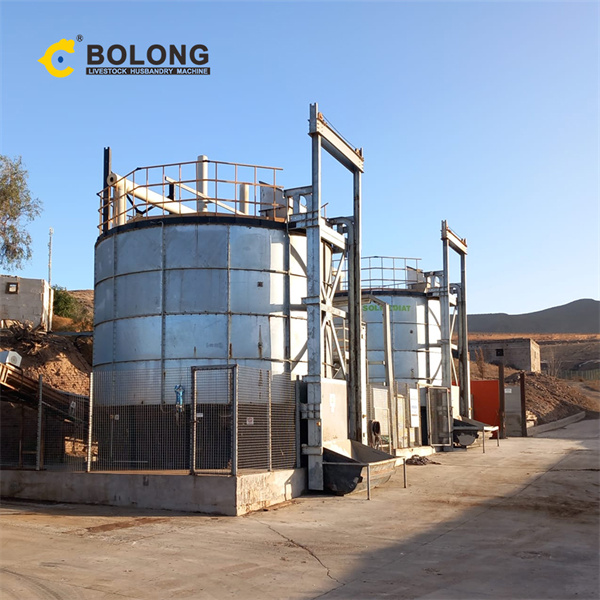Introduction: Integrating renewable energy sources into livestock farming enhances sustainability. Livestock fermentation tanks can be combined with renewable energy systems to improve energy efficiency. This article explores the potential for renewable energy integration with fermentation tanks.

Solar Power: Solar panels can be installed on or near fermentation tanks to power their operation. This reduces the energy footprint of manure management and enhances overall farm sustainability.
Biogas Production: Fermentation tanks can be combined with anaerobic digesters to produce biogas from manure. This biogas can be used for electricity generation, heating, and cooking, reducing reliance on fossil fuels.
Energy Efficiency: Modern fermentation tanks are designed for energy efficiency, incorporating features such as heat recovery systems. These systems capture and reuse heat generated during composting, further reducing energy consumption.
Case Study: A pig farm integrated fermentation tanks with solar panels and an anaerobic digester. The farm produced enough renewable energy to power its operations, achieving energy self-sufficiency and reducing carbon emissions.
Conclusion: Livestock fermentation tanks offer significant potential for renewable energy integration through solar power and biogas production. These benefits enhance the sustainability and energy efficiency of manure management practices.